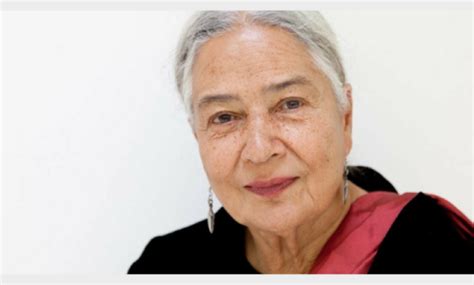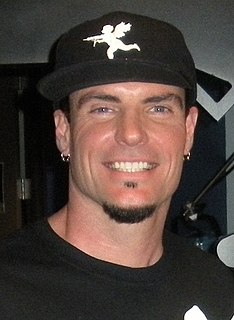A Quote by Anita Desai
When I am writing, I focus one hundred percent on my writing. Then, by the time I'm half way through the book, I'm already thinking about the ending.
Related Quotes
The process of writing a book is infinitely more important than the book that is completed as a result of the writing, let alone the success or failure that book may have after it is written . . . the book is merely a symbol of the writing. In writing the book, I am living. I am growing. I am tapping myself. I am changing. The process is the product.
The secret to writing is writing. Lots of people I know talk about writing. They will tell me about the book they are going to write, or are thinking about writing, or may write some day in the future. And I know they will never do it. If someone is serious about writing, then they will sit down every day and put some words down on paper.
It's insane to be a writer and not be a reader. When I'm writing I'm more likely to be reading four or five books at once, just in bits and pieces rather than subjecting myself to a really brilliant book and thinking, "Well what's the point of me writing anything?" I'm more likely to read a book through when I take a break from writing.
I'm a writer, not an editor, and though the editing rarely cut into my writing time, it did take away from that walking-around-thinking-about-it-when-you're-not-thinking-about-it time that I think is important for writers. When you're half-thinking about what you're working on while driving, cooking . . . just letting things sift and settle, come to you.
Non-violence means dialogue, using our language, the human language. Dialogue means compromise; respecting each other’s rights; in the spirit of reconciliation there is a real solution to conflict and disagreement. There is no hundred percent winner, no hundred percent loser—not that way but half-and-half. That is the practical way, the only way.
When I'm writing, I'm thinking, "Well, this might be a book that I'll always be happy with, and certainly readers will be happy with." But another part of me knows that when I'm past the stage of writing, the book is gonna have good things about it, bad things about it - probably more bad than good. I just know that. That's who I am.
I have friends who are capable of writing a very rough draft and then going back and embroidering - they're sort of the cathedral builders of fiction. I never really know what I'm doing, and all my pleasure's on the level of the line. It's a weird way to move forward. It's kind of like a way to caterpillar your way through these great woods. The best ones, whatever I feel like I'm writing about, some other secret thing will begin to come into focus.
When I'm writing, I won't know whodunnit until maybe two thirds of the way through. Until then, I know as little as my detective. I just make it up as I go along. It's nerve-wracking, actually. You'll be half through and not know your conclusion. You worry one of these days the ending won't come. I'll be left with only two-thirds of a novel.







































